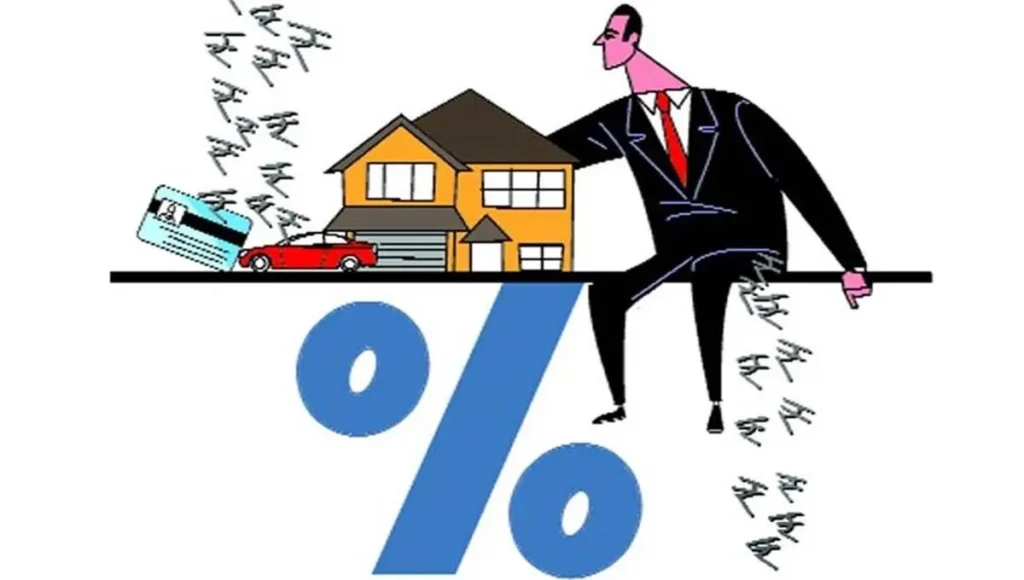
Have you ever been in a financial crisis, down to your last few quids and forced to rely on credit just to get by? You’re not alone. Many Britons have faced similar struggles in recent years, especially amidst a sluggish economic recovery and rising living costs.
When you’re living paycheck to paycheck, worrying about your credit score often takes a back seat. Yet over time, missed payments and high borrowing can take a toll, not just on your credit file, but on your confidence too.
While there are no quick fixes for poor credit, it is entirely possible to regain control over your finances and rebuild your confidence. While loans for poor credit can provide some breathing room in tough times, they’re just one part of a broader journey. With the right habits and mindset, you can begin to break free from the cycle of borrowing and take small but meaningful steps toward a stronger financial future.
In this article, we’ll share four practical ways to help you rebuild your financial confidence even if your credit history is far from perfect.
1. Check your Credit Report
Imagine you had a second chance at getting your financials right back on track. Where would you start? Financial experts would recommend you begin by checking your credit report. You wonder why this is important when you already have a poor credit history.
A poor credit score is no excuse to overlook your credit report. This is because credit reports often contain a lot of important information that could give you insight into your financial standing. It allows you to review your borrowing history and patterns, which can help you make financially prudent decisions in the future.
Not just that, it also gives you a chance to rectify any errors or fraudulent claims by lenders. This saves you from wrongful claims that could further impact your credit score.
2. Make Timely Payments
Missed payments, be it your bills or credit repayments, can affect your credit score negatively. Your payment history is a key part of your credit report and is often viewed as a positive marker by lenders. The longer your payment history, the better fiscal responsibility you demonstrate.
This creates a sense of trust and reliability in the minds of lenders, contributing to a sense of reduced lending risks. Therefore, timely payments improve your borrower profile and build trust and credibility in the borrower-lender relationship. This also reflects positively on your credit history, opening up better borrowing options.
Making payments on time can also be satisfying and bring you peace of mind. It gives you a feeling of doing right by your lender and is a sign of responsible borrowing. This can greatly boost your financial confidence in managing credit.
3. Build Your Credit
There’s no doubt that building your credit score is one of the most important and constructive ways to boost your financial resilience and confidence. While this may not fix your credit score overnight, getting started on a credit-building strategy can be incredibly helpful.
This is because building your credit has several financial benefits like improving your credit score, accessing better credit options and developing financially prudent habits. For example, regular payments on a credit builder loan can model a positive payment history and improve your credit score by a couple of points.
Taking a credit builder loan can also be a hassle-free way of saving money, as you receive a lump sum amount of your payments at the end of your loan term. This would boost your financial confidence while improving your credit history – a definite win for you as a borrower.
4. Limit Your Need for New Credit
Borrowing responsibly is a nuanced art, you need to know where you can take chances and where you need to pause. This is especially true when you’re struggling with poor credit and want to be in a more financially sound position. If you’ve been borrowing constantly to make ends meet, it may be time to review your budgeting techniques, along with the type of credit you’re using.
Reviewing your budget from time to time can help make adjustments like prioritising essential expenses till you are on higher ground. The bottom line is to limit new credit inquiries and your reliance on borrowing external credit. This is because each new credit inquiry is accompanied by a hard credit check from a lender, which can leave a negative mark on your credit score.
If you’re crunched for money, try borrowing through low-cost credit alternatives and avoid traditional options like direct lender loans or credit union loans. Another alternative is to consider borrowing only from lenders that conduct soft credit checks, which remain hidden from third parties. This way, you’d be making financially sound choices and boosting your monetary confidence.
Conclusion
Poor credit doesn’t have to be the villain in your story when you can rebuild it with a few simple, smart and effective steps. With discipline, consistency and patience, you’ll be able to see visible improvements in your credit score while feeling more confident about your financial choices.







